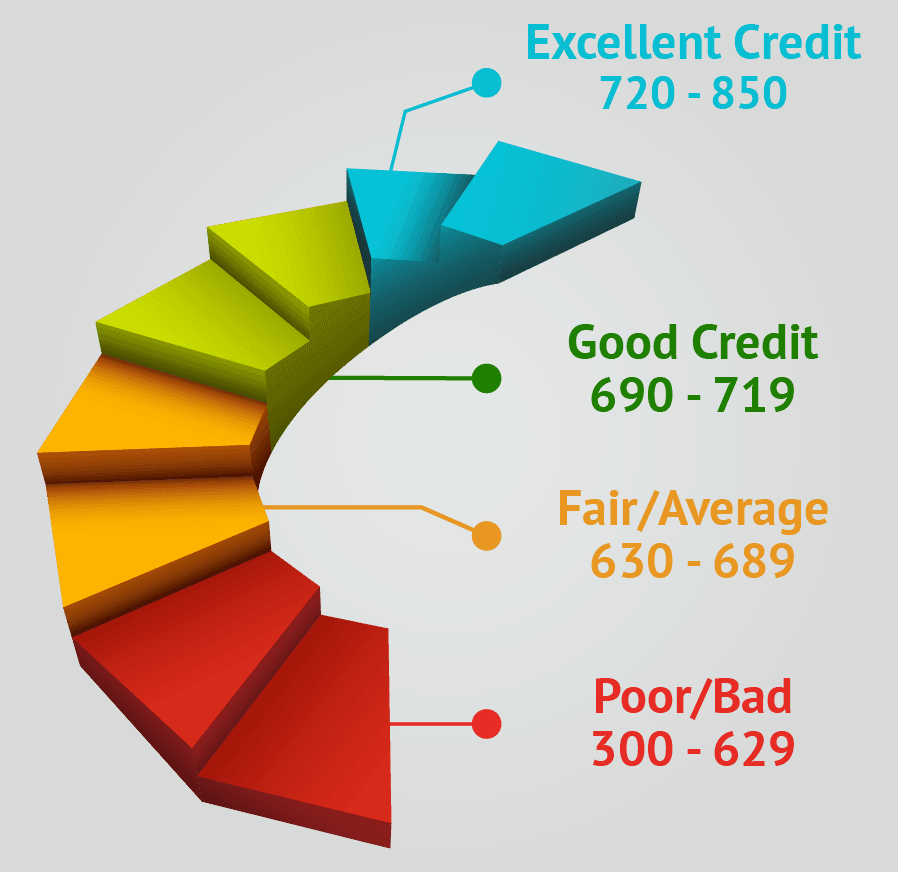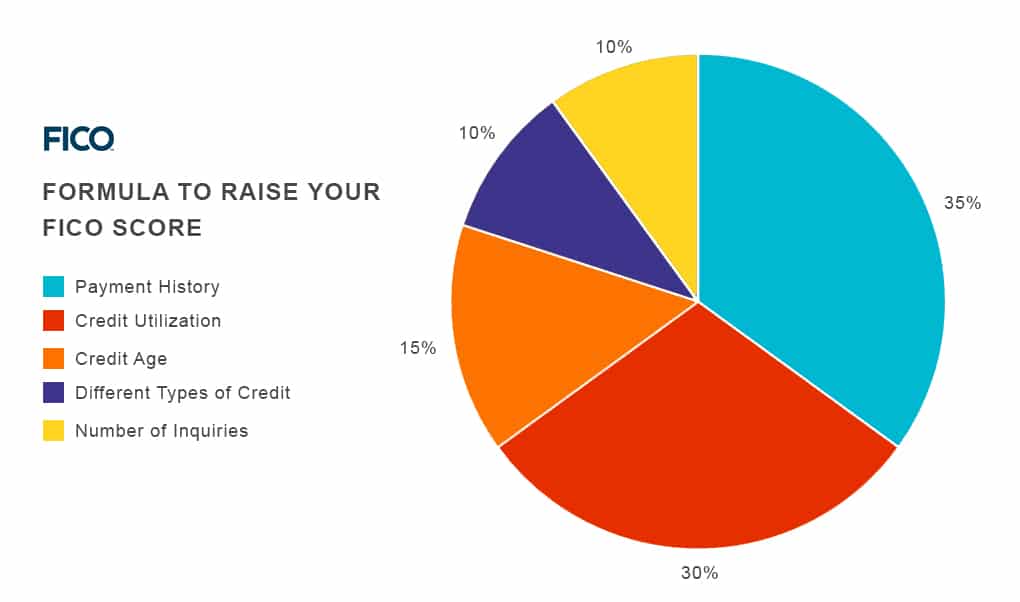Separating Fact from Fiction: Prepaid Cards and Your Credit Score
Confused about how the different types of plastic in your wallet (credit card, debit card, prepaid card) might be impacting your credit scores? If so, you are not alone. While the different plastic cards may all look alike and may behave similarly (at least on the surface), the ability of these cards to influence your credit scores is very different. Some types of plastic will influence your credit scores every month. Other types will only influence your scores under certain circumstances. Finally, one type of plastic will never influence your credit scores at all.
The Types of Plastic
Before we continue any further it is important to identify the different types of plastic which you might have possessed at some point in your life. There are 4 primary types of plastic – the traditional credit card, the retail store credit card, the debit card, and the prepaid debit card.
Traditional Credit Cards
There are 2 types of traditional credit cards – secured and unsecured. While the process of opening a secured versus an unsecured credit card is quite different, they both behave essentially the same on your credit reports. Both types of traditional cards will generally be reported to all 3 credit bureaus every month. This means that if you manage your account well with on time payments and low debt to limit ratios (aka you pay your balances off each month) then your traditional card will probably help you to build better credit scores. Of course the opposite can be true as well if you fail to manage your account properly.
Retail Store Credit Cards
As far as your credit reports and scores are concerned, retail store credit cards behave much the same as traditional credit card accounts. In general your balance and payment history will be reported to the credit bureaus every single month. However, retail store credit cards can generally only be used at one store or a small number of specific stores. Additionally, with notoriously high interest rates and low limits retail store cards can be easy to over utilize. You should be aware of the potential downside to retail store cards before opening this type of account and be sure to use these accounts carefully.
Debit Cards
Unlike traditional credit cards and retail store credit cards information about your debit card is not routinely reported to the 3 credit bureaus. Additionally, debit cards are tied to your checking account. You do not charge up a balance and then repay that balance (or at least a minimum required payment) by a due date. Instead you are able to use your debit card to spend up to the amount of funds currently in your checking account. Once those available funds have been exhausted then any further transactions would generally be declined.

The only time a debit card might show up on your credit reports (indirectly) is if you overdraw your checking account and never pay the bank back. In this circumstance the unpaid debt you incurred while using your debit card could possibly show up on your credit reports as a collection.
Prepaid Cards
Finally let’s discuss prepaid debit cards. They behave very differently than the 3 previous types of plastic already discussed. In truth prepaid cards are basically gift cards, albeit gift cards which can be used at a variety of stores and online retailers.
With a prepaid card you load money onto the account and spend the available funds until they are exhausted. Once the preloaded funds have been spent you will have to reload additional funds onto the card if you wish to use it again for future purchases. Prepaid cards are also notorious for having high fees such as activation fees and fees associated with loading funds, among others.
There is a myth that a prepaid card can serve as a non-traditional way to help build your credit. However, this idea is 100% incorrect. A prepaid card will never show up on your credit reports. As a result they can never be considered in the calculation of your credit scores. If an account is not reported to the credit bureaus then it cannot hurt or help your credit in any way.


